Artificial Intelligence (AI) and Machine Learning are transforming healthcare by enhancing diagnostic accuracy, treatment efficacy, and patient care. AI involves the development of computer systems capable of performing tasks that typically require human intelligence, while Machine Learning is a subset of AI that enables systems to learn and improve from experience without explicit programming. In the medical field, these technologies analyze complex data sets, identify patterns, and generate predictions to improve patient outcomes and optimize healthcare operations.
The integration of AI and Machine Learning in healthcare offers numerous benefits, including more precise diagnoses, personalized treatment plans, and streamlined administrative processes. These technologies can process vast amounts of medical information, assist in medical imaging interpretation, and predict patient risks, leading to earlier interventions and improved health outcomes. Additionally, AI and Machine Learning can enhance operational efficiency by automating routine tasks and optimizing resource allocation.
As AI and Machine Learning continue to advance, they present both opportunities and challenges for the healthcare industry. While these technologies have the potential to significantly improve patient care and reduce healthcare costs, they also raise important ethical considerations, such as data privacy, algorithm bias, and the changing role of healthcare professionals. It is crucial for medical practitioners and healthcare organizations to stay informed about these developments and carefully consider their implementation to ensure responsible and effective use in patient care.
Key Takeaways
- AI and machine learning have the potential to revolutionize healthcare by improving diagnosis, treatment, patient care, and operational efficiency.
- These technologies can impact diagnosis and treatment by analyzing large amounts of data to identify patterns and make accurate predictions.
- AI and machine learning can improve patient care and outcomes by personalizing treatment plans and predicting potential health issues.
- Healthcare operations and efficiency can be enhanced through AI and machine learning by automating tasks and optimizing resource allocation.
- Ethical considerations and challenges in healthcare AI and machine learning include data privacy, bias in algorithms, and the need for human oversight.
The Impact of AI and Machine Learning on Diagnosis and Treatment
AI and Machine Learning have the potential to significantly impact the way medical professionals diagnose and treat patients. These technologies can analyze large volumes of medical data, including patient records, imaging scans, and genetic information, to identify patterns and make predictions that can aid in the early detection of diseases and personalized treatment plans. For example, AI algorithms can analyze medical images such as X-rays, MRIs, and CT scans to detect abnormalities and assist radiologists in making more accurate diagnoses.
Additionally, Machine Learning can be used to predict patient outcomes and recommend treatment options based on individual patient data, leading to more personalized and effective care. Furthermore, AI-powered diagnostic tools can help reduce the burden on healthcare professionals by automating routine tasks such as data analysis and interpretation, allowing them to focus on more complex cases and providing better care for their patients. By leveraging these technologies, healthcare providers can improve the accuracy and efficiency of diagnosis and treatment, ultimately leading to better patient outcomes.
Improving Patient Care and Outcomes with AI and Machine Learning
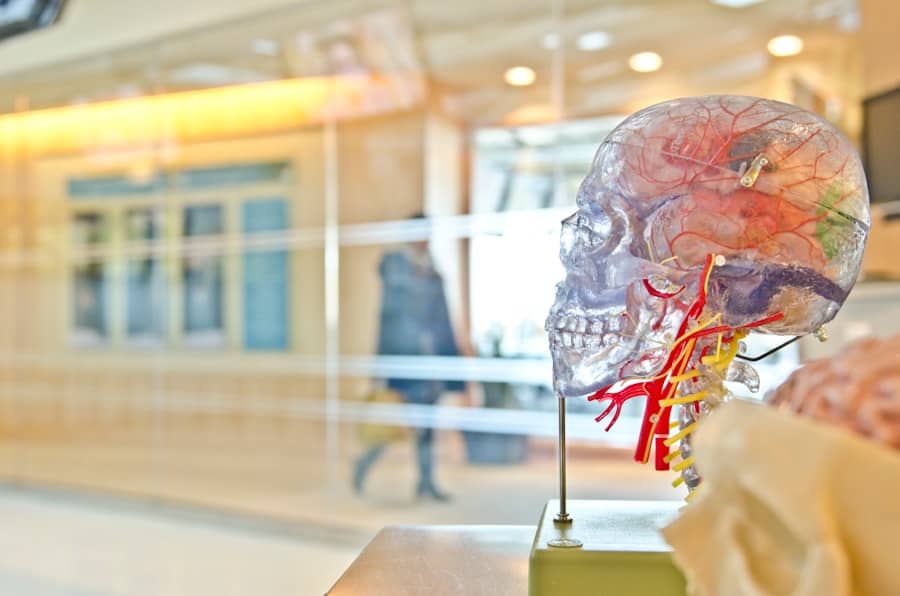
In addition to diagnosis and treatment, AI and Machine Learning have the potential to improve patient care and outcomes by enabling more personalized and proactive healthcare. These technologies can analyze patient data in real-time to identify trends and patterns that may indicate potential health issues or complications. For example, AI algorithms can monitor patient vital signs, medication adherence, and other health indicators to alert healthcare providers of any deviations from normal patterns, allowing for early intervention and preventive care.
Moreover, AI-powered virtual assistants and chatbots can provide patients with personalized health information, reminders for medication adherence, and support for managing chronic conditions. These tools can empower patients to take a more active role in their healthcare and improve their overall health outcomes. Additionally, Machine Learning can be used to predict patient readmissions and identify high-risk patients who may benefit from targeted interventions, ultimately reducing healthcare costs and improving patient satisfaction.
By leveraging AI and Machine Learning, healthcare providers can deliver more personalized, proactive, and effective care to their patients, leading to improved outcomes and a higher quality of life for individuals.
Enhancing Healthcare Operations and Efficiency through AI and Machine Learning
| Metrics | Data |
|---|---|
| Reduction in Administrative Costs | 20% |
| Improvement in Patient Wait Times | 30% |
| Enhanced Accuracy in Diagnoses | 25% |
| Reduction in Medication Errors | 40% |
| Increased Staff Productivity | 15% |
AI and Machine Learning are not only transforming patient care but also enhancing healthcare operations and efficiency. These technologies can automate administrative tasks such as scheduling appointments, managing electronic health records, and processing insurance claims, allowing healthcare providers to streamline their operations and reduce administrative burden. Additionally, AI-powered predictive analytics can optimize hospital resource allocation, staffing levels, and inventory management to improve operational efficiency and reduce costs.
Furthermore, Machine Learning algorithms can analyze historical data to identify patterns and trends that may indicate inefficiencies or areas for improvement in healthcare operations. For example, these technologies can be used to optimize patient flow through hospitals, reduce wait times, and improve the overall patient experience. By leveraging AI and Machine Learning, healthcare organizations can improve their operational efficiency, reduce costs, and ultimately provide better care for their patients.
Ethical Considerations and Challenges of AI and Machine Learning in Healthcare
While the potential benefits of AI and Machine Learning in healthcare are significant, there are also ethical considerations and challenges that need to be addressed. One of the main concerns is the potential for bias in AI algorithms, which may lead to disparities in healthcare delivery based on factors such as race, gender, or socioeconomic status. It is crucial for healthcare organizations to ensure that AI algorithms are trained on diverse and representative datasets to mitigate bias and ensure fair treatment for all patients.
Another ethical consideration is the need to protect patient privacy and data security when using AI and Machine Learning in healthcare. As these technologies rely on large volumes of sensitive patient data, it is essential for healthcare organizations to implement robust security measures to safeguard patient information from unauthorized access or breaches. Additionally, there are concerns about the impact of AI on the role of healthcare professionals.
While these technologies have the potential to augment the capabilities of medical professionals, there is a need to ensure that they do not replace human judgment or empathy in patient care. It is important for healthcare organizations to provide training and support for their staff to effectively integrate AI into their practice while maintaining a patient-centered approach.
Future Trends and Developments in AI and Machine Learning for Healthcare
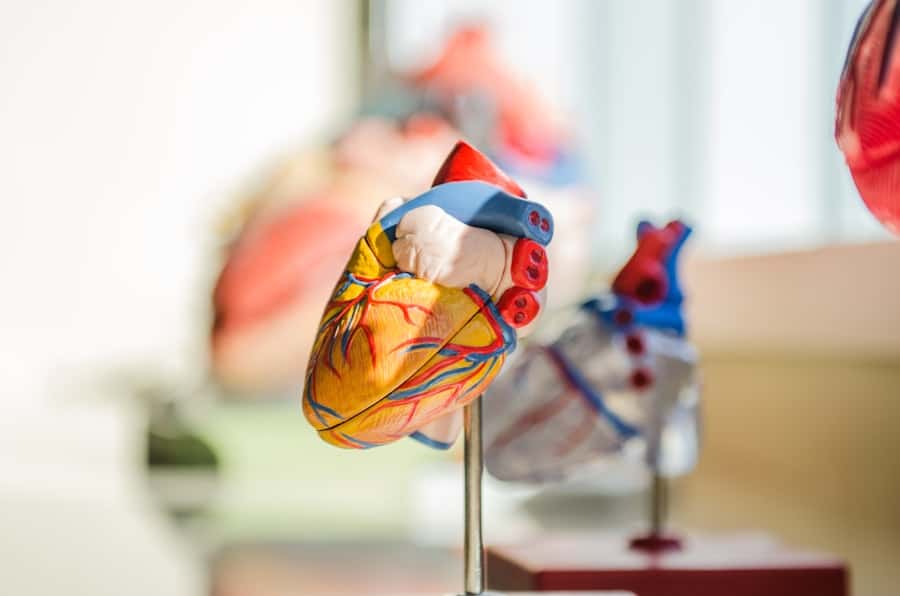
Looking ahead, there are several exciting trends and developments in AI and Machine Learning that have the potential to further revolutionize healthcare. One of the key areas of advancement is the use of predictive analytics to anticipate disease outbreaks, identify population health trends, and allocate resources more effectively. Additionally, there is growing interest in the use of AI-powered robotics for tasks such as surgery assistance, rehabilitation therapy, and elder care, which has the potential to improve patient outcomes and reduce healthcare costs.
Furthermore, there is increasing focus on the development of explainable AI models that can provide insights into how decisions are made by algorithms, increasing transparency and trust in these technologies. Additionally, there is ongoing research into the use of AI for drug discovery, precision medicine, and personalized treatment plans based on individual genetic profiles. As these technologies continue to advance, it is important for healthcare organizations to stay abreast of these developments and leverage them to improve patient care and outcomes.
The Potential of AI and Machine Learning to Revolutionize Healthcare
In conclusion, AI and Machine Learning have the potential to revolutionize healthcare by improving diagnosis and treatment, enhancing patient care and outcomes, streamlining operations, addressing ethical considerations, and driving future advancements in the industry. These technologies have already demonstrated significant impact in areas such as diagnostic imaging, predictive analytics, virtual assistants, and operational efficiency. As AI continues to advance, it is essential for healthcare organizations to embrace these technologies while addressing ethical considerations such as bias mitigation, data security, and human-AI collaboration.
By leveraging AI and Machine Learning effectively, healthcare providers can deliver more personalized, proactive, and efficient care to their patients while driving innovation in the industry. In conclusion, the potential of AI and Machine Learning to revolutionize healthcare is vast, with far-reaching implications for improving patient outcomes and transforming the delivery of care. As these technologies continue to evolve, it is crucial for healthcare organizations to embrace them while addressing ethical considerations to ensure that they are used responsibly for the benefit of patients and society as a whole.
One related article to AI and machine learning in healthcare can be found in the Metaversum resources and further reading section. This article discusses the impact of AI and machine learning on healthcare, including the potential for improved diagnostics, personalized treatment plans, and predictive analytics. It also explores the ethical considerations and challenges of integrating these technologies into the healthcare industry.
FAQs
What is AI and machine learning in healthcare?
AI (artificial intelligence) and machine learning in healthcare refer to the use of advanced technology to analyze complex medical data, make predictions, and assist in clinical decision-making. These technologies have the potential to improve patient outcomes, streamline processes, and reduce healthcare costs.
How is AI and machine learning used in healthcare?
AI and machine learning are used in healthcare for a variety of purposes, including medical imaging analysis, predictive analytics for patient outcomes, personalized treatment plans, drug discovery, and administrative tasks such as scheduling and billing.
What are the benefits of using AI and machine learning in healthcare?
The benefits of using AI and machine learning in healthcare include improved accuracy and efficiency in diagnosis and treatment, personalized care plans, enhanced patient outcomes, reduced medical errors, and the potential for cost savings.
What are some examples of AI and machine learning applications in healthcare?
Examples of AI and machine learning applications in healthcare include computer-aided diagnosis in medical imaging, predictive modeling for patient readmissions, natural language processing for analyzing clinical notes, and virtual health assistants for patient engagement.
What are the challenges of implementing AI and machine learning in healthcare?
Challenges of implementing AI and machine learning in healthcare include data privacy and security concerns, regulatory compliance, integration with existing systems, ethical considerations, and the need for healthcare professionals to understand and trust these technologies.
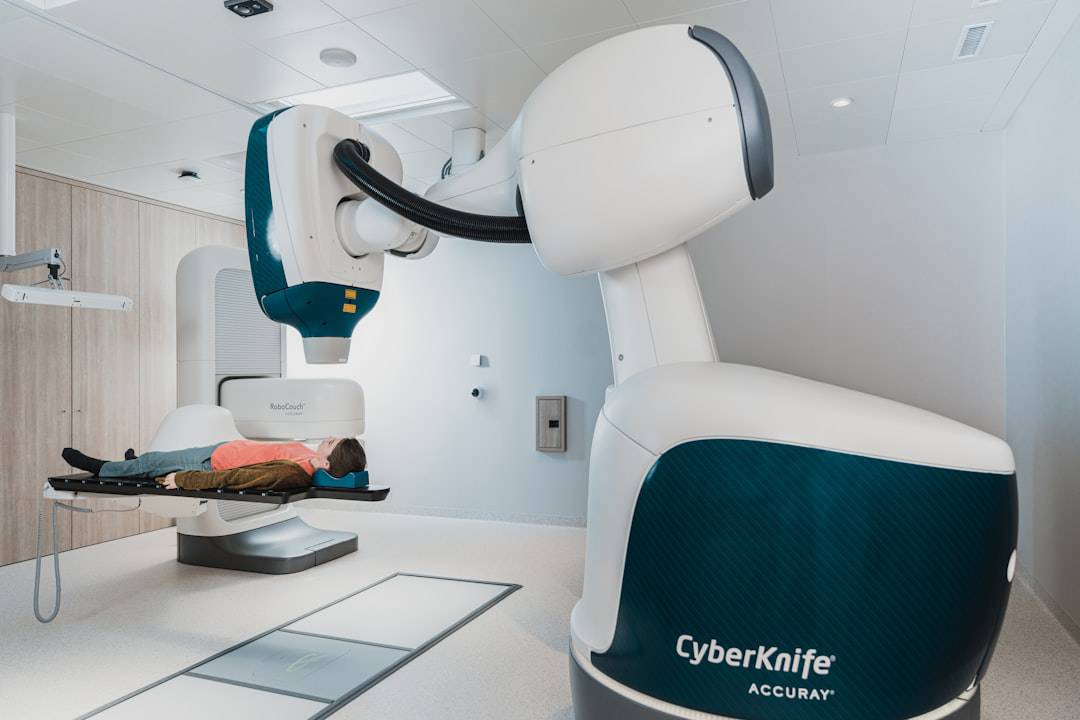


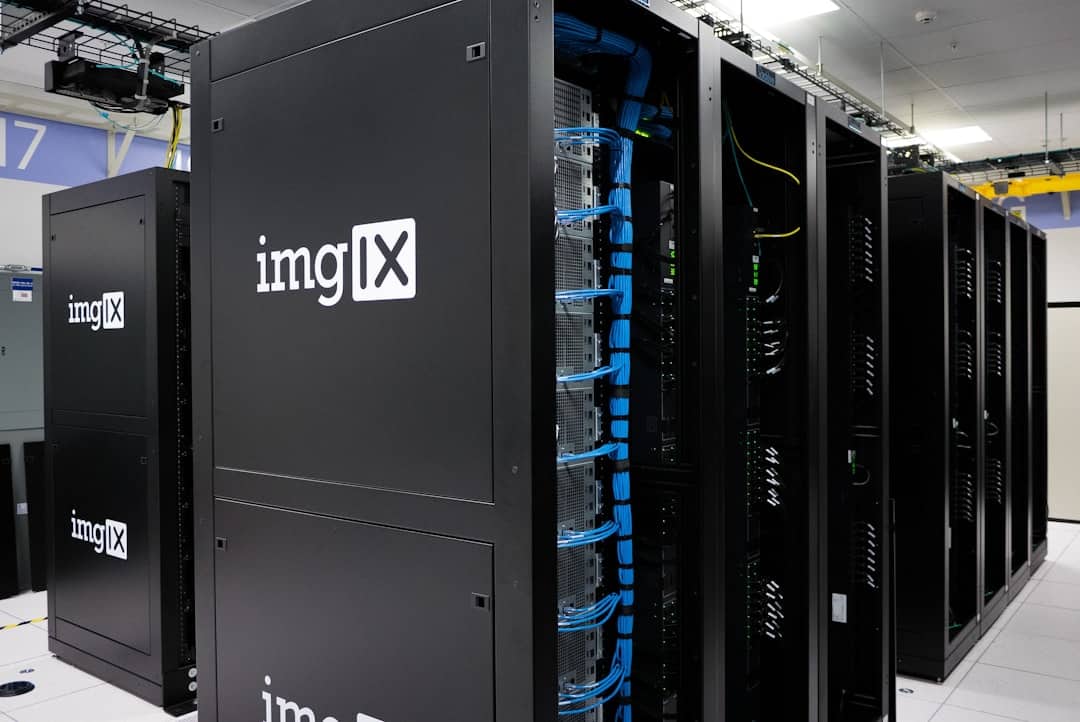



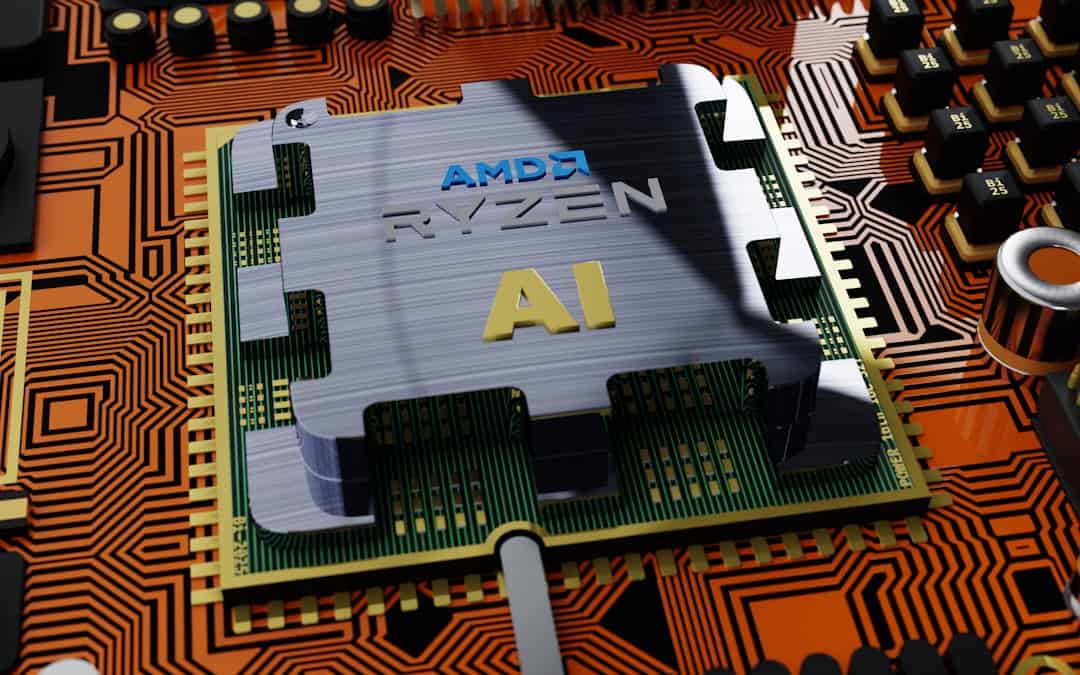



Leave a Reply